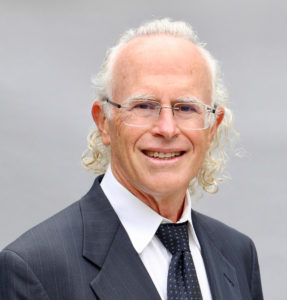Closing the gap on end-of-life care wishes
What type of care do you want during your last days? Do you want medical professionals to do anything possible to extend life, or would you rather focus on quality of life and hospice care? Most importantly, have you documented your wishes?
There’s a huge gap between what people say they want and what they’re doing about it, according to a new survey from the Massachusetts Coalition for Serious Illness Care. Almost 96 percent of survey participants said they think discussing end-of-life care wishes is important, but few of them have actually done anything about it.
Only 10 percent of respondents have discussed advance care planning with both a healthcare provider and a healthcare proxy. About 62 percent had talked with someone, but not a healthcare agent or provider who could document the wishes. More than one-third of respondents have not shared their wishes with anyone, the survey noted.
Why is having the end-of-life conversation so difficult? Some say it’s a matter of perception. When asked which task is harder, 71 percent of respondents said advance care planning is tougher than preparing a will.
“Physicians are still placing the onus on patients to bring up this important topic,” said Atul Gawande, MD, MPH, co-chair of the coalition and executive director of Ariadne Labs, in a coalition release. “The physician community has made great strides, but we need to do better. And, as our survey found, patients welcome these conversations.”
The coalition and other advocates hope the efforts to increase education and awareness are beginning to pay off, and this year’s survey data show the tide may be turning. About one-third of respondents said they had heard more information about end-of-life care issues in the past year than before. And, of those who said they had the conversation with their provider, 41 percent of those conversations took place in the past year.

Pamela Tabar was editor-in-chief of I Advance Senior Care from 2013-2018. She has worked as a writer and editor for healthcare business media since 1998, including as News Editor of Healthcare Informatics. She has a master’s degree in journalism from Kent State University and a master’s degree in English from the University of York, England.
Related Articles
Topics: Clinical












